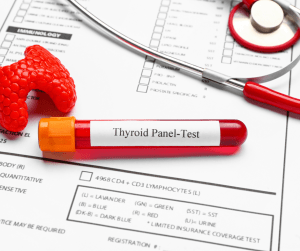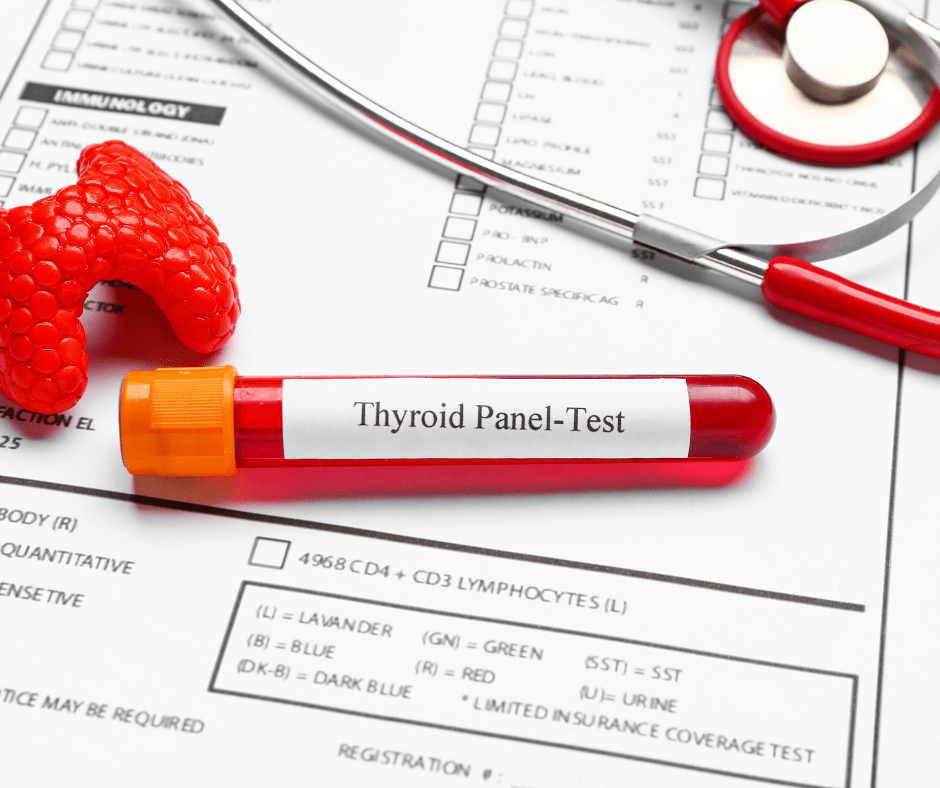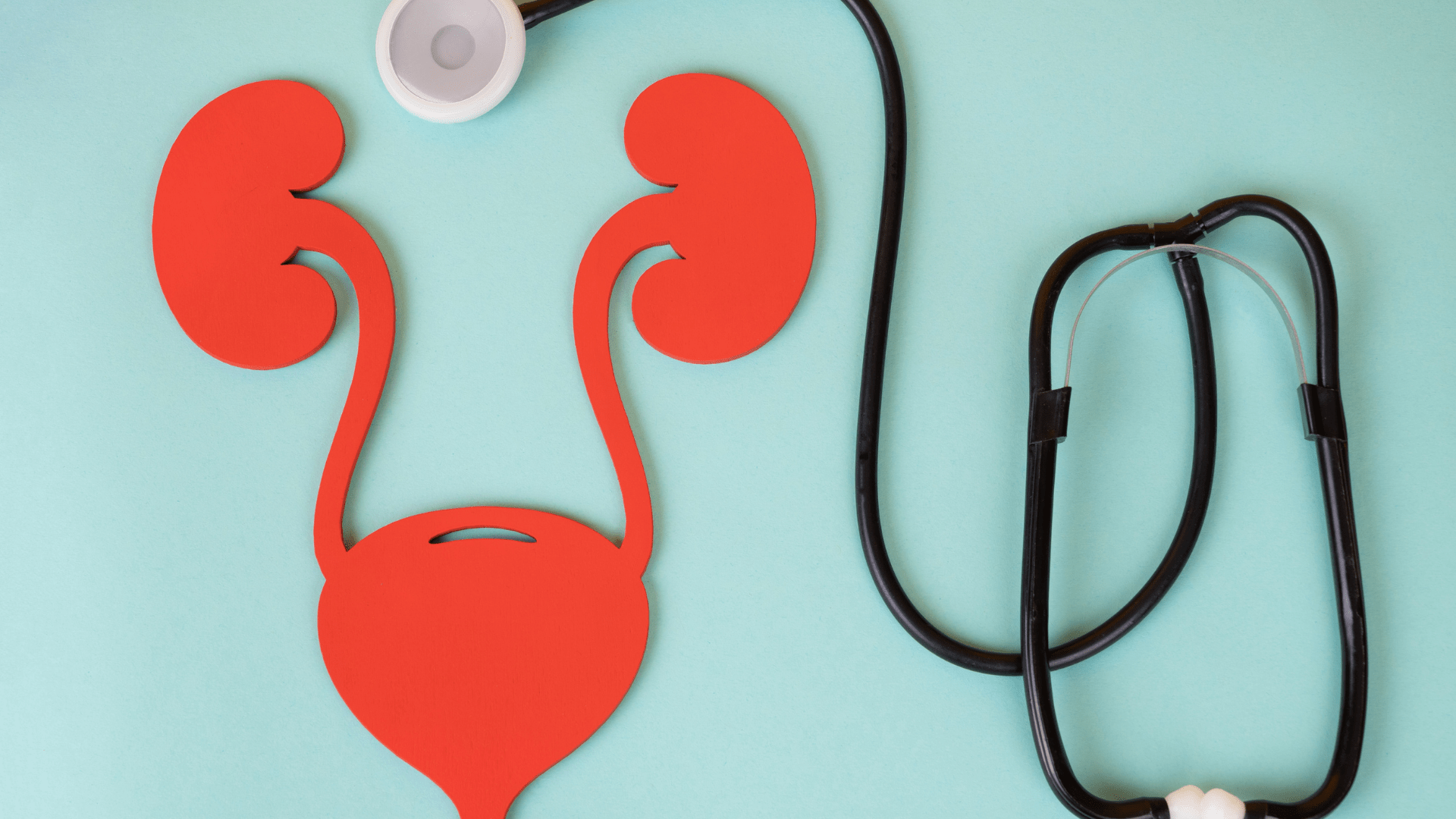Thyroid disease is a prevalent endocrine disorder among women of reproductive age, ranking second to diabetes mellitus. It can present challenges in identification since its symptoms often overlap with common pregnancy symptoms. Proper management of thyroid disease during pregnancy is crucial to promote the health and well-being of both the mother and the fetus.
Thyroid disease encompasses various conditions, including hypothyroidism (underactive thyroid), hyperthyroidism (overactive thyroid), and autoimmune thyroid disorders such as Hashimoto’s thyroiditis and Graves’ disease. The symptoms of thyroid disease can resemble typical pregnancy symptoms, such as fatigue, weight changes, mood swings, and changes in bowel movements, making it difficult to distinguish between the two. Consequently, thyroid disease may go undiagnosed or untreated during pregnancy.
Untreated or poorly controlled thyroid disease during pregnancy can adversely affect the mother and the fetus. Complications associated with untreated thyroid disease include an increased risk of miscarriage, preterm birth, low birth weight, preeclampsia (high blood pressure during pregnancy), placental abruption (separation of the placenta from the uterus), and postpartum thyroiditis. Maternal thyroid dysfunction can also affect the cognitive development of the fetus.

Proper management and treatment of thyroid disease are essential during prenatal care to optimize outcomes. Ideally, all pregnant women should undergo thyroid screening, including measurement of thyroid-stimulating hormone (TSH) levels, in the first trimester. If thyroid dysfunction is detected, appropriate treatment and monitoring should be initiated.
Hypothyroidism and pregnancy
Hypothyroidism refers to an underactive thyroid gland, which can occur during pregnancy. The symptoms of hypothyroidism often overlap with pregnancy symptoms, making it challenging to distinguish between the two. Common symptoms shared by hypothyroidism and pregnancy include fatigue, weight gain, and abnormal menstruation.
In cases where hypothyroidism is present, low levels of thyroid hormones can potentially interfere with fertility and increase the risk of miscarriage. Thyroid hormones are crucial in regulating various physiological processes, including metabolism and hormone production. When thyroid hormone levels are insufficient, it can disrupt the normal functioning of the reproductive system and affect fertility.

Treatment options
Hypothyroidism during pregnancy is typically treated with thyroid hormone replacement therapy. The specific thyroid hormone replacement medication dosage, usually levothyroxine (T4), is determined based on the individual’s thyroid hormone levels. It’s important to note that thyroid hormone levels fluctuate during pregnancy, so regular monitoring is necessary to ensure appropriate dosing.
During the first half of pregnancy, thyroid hormone levels should be checked every four weeks to assess the effectiveness of the treatment and adjust the medication dosage if needed. The goal is to maintain thyroid hormone levels within the target range established by healthcare professionals.
Thyroid hormone replacement therapy is considered safe and essential for the mother and the developing fetus. Adequate levels of thyroid hormones are crucial for the normal development and functioning of the baby’s brain and nervous system.
It’s important to note that routine screening for newborns includes a test to measure thyroid hormone levels. This helps identify any thyroid-related issues in newborns early on, allowing for prompt intervention and treatment if necessary.

Conclusion
If you have been diagnosed with hypothyroidism during pregnancy, following your healthcare provider’s recommendations, attending regular check-ups, and taking the prescribed medication as directed is vital. By effectively managing hypothyroidism, you can support your own health and your baby’s well-being.
References
- Thyroid Disease in Pregnancy. AMERICAN FAMILY PHYSICIAN.
- Hypothyroidism and Pregnancy. JOHNS HOPKINS.
FAQs
- How do thyroid disorders impact fertility?
Answer: Thyroid disorders can disrupt the hormonal balance necessary for normal ovulation and reproductive function. Hypothyroidism, in particular, can lead to menstrual irregularities and difficulties in conceiving. - Can thyroid disorders cause miscarriage or pregnancy complications?
Answer: Untreated or poorly controlled thyroid disorders, especially hypothyroidism, can increase the risk of miscarriage, preterm birth, preeclampsia, and fetal developmental problems. Proper management and monitoring of thyroid function during pregnancy are crucial. - What are the symptoms of hypothyroidism and hyperthyroidism in women of reproductive age?
Answer: Symptoms of hypothyroidism may include fatigue, weight gain, depression, cold intolerance, and menstrual irregularities. Hyperthyroidism symptoms may include weight loss, increased heart rate, anxiety, heat intolerance, and irregular menstrual cycles. - How are thyroid disorders diagnosed in women of reproductive age?
Answer: Diagnosis typically involves a combination of blood tests to measure thyroid hormone levels, including thyroid-stimulating hormone (TSH), free T3, and free T4. A physical examination and medical history evaluation are also important. - Can pregnancy trigger or worsen thyroid disorders?
Answer: Pregnancy can sometimes trigger or exacerbate thyroid disorders, particularly postpartum thyroiditis. This condition involves temporary thyroid dysfunction following childbirth and may require medical intervention. - Can thyroid disorders be treated during pregnancy?
Answer: Yes, thyroid disorders can be managed and treated during pregnancy. Medication adjustments and closely monitoring thyroid hormone levels are important to ensure optimal thyroid function for both the mother and baby. - Can women with thyroid disorders breastfeed their babies?
Answer: In most cases, women with thyroid disorders can safely breastfeed. Proper thyroid disorder management, including appropriate medication and regular monitoring, is crucial to support breastfeeding. - Can lifestyle changes help manage thyroid disorders?
Answer: While lifestyle changes alone may not be sufficient to treat thyroid disorders, maintaining a healthy lifestyle that requires regular exercise, a balanced diet, stress management, and adequate sleep can support overall thyroid health. - Can thyroid disorders be cured?
Answer: Some thyroid disorders, such as postpartum thyroiditis, can resolve independently. However, for chronic conditions like hypothyroidism or hyperthyroidism, ongoing management and treatment are typically necessary to maintain thyroid function. - Can stress affect thyroid disorders?
Answer: Yes, stress can potentially impact thyroid function. High levels of chronic stress may contribute to developing or exacerbating thyroid disorders in susceptible individuals. Stress management techniques can be beneficial in managing thyroid health.





